Baling silage is a busy time on farms. There is a constant flow of bale-trailers in and out of the yard with more tractors working in the field gathering up the freshly wrapped bales. The excitement can often be a great attraction for would-be young farmers. Pay attention for children in farmyards and slow down as you approach to unload. You know the risks but does a child see what you see? Always check before you reverse a trailer in a yard or before you put bales in the stack. It can be all too tempting to children to climb on to bale stacks.
Balers, mowers, rakes and
tedders – watch out
When the pressure is on, both man and machine are often pushed to the limit. The weather might be about to break or you’re in a hurry to get to the next field. As obvious as it sounds, if a baler gets blocked and won’t free itself, switch the tractor and PTO off. Always apply the handbrake when you leave the tractor cab. Don’t try unblocking it with the tractor running. If you must enter the chamber, make sure the safety bars or hydraulic taps for keeping the rear door open are used. Also, before you start baling, make sure any PTO shafts are in a safe operating condition.

PTO covers should be intact, undamaged and have a safety chain at both ends to prevent the cover spinningIf there is a mower, tedder or rake working in the field, the same rules apply. Make sure all PTO covers are intact and operating safely as well as all safety guards. Any one of these machines could do untold harm to someone if they were to get tangled in them. If you must adjust, reset or unblock any one of these machines, wait for the machine to come to a complete stop before approaching it – take your time and don’t rush in. Something as simple as a stone being flicked outwards towards you from a mower blade could do a lot of harm.

Something as simple as a stone being flicked outwards towards you from a mower blade could do a lot of harm. Keep clear until the machine has come to a complete standstill Overhead wires
When loading bales, watch out for overhead power lines. A tractor or other machinery used to load bales can easily come into contact with overhead wires. If this happens, the metal parts of the tractor become live and can cause serious injury or even death. If possible, reverse the tractor out of contact with the wires. If not, stay in the cab and phone ESB Networks’ emergency number on 1850 372 999. If you must leave the cab, for example if the tyres go on fire, jump clear of the tractor and do not hold on to metal parts while stepping down as this provides a path for the electricity to flow through you into the ground. When you are moving bales with a front loader, keep the bale as low as possible to the ground.
Bale storage
Pick a site that is flat to unload your bales. The reason is it makes stacking and removing the bales at feeding time easier and safer. Bales should be stacked on the round no more than three bales high in a pyramid shape. If stacking bales on their end, only stack one bale high as they are at their least stable when stacked like this.
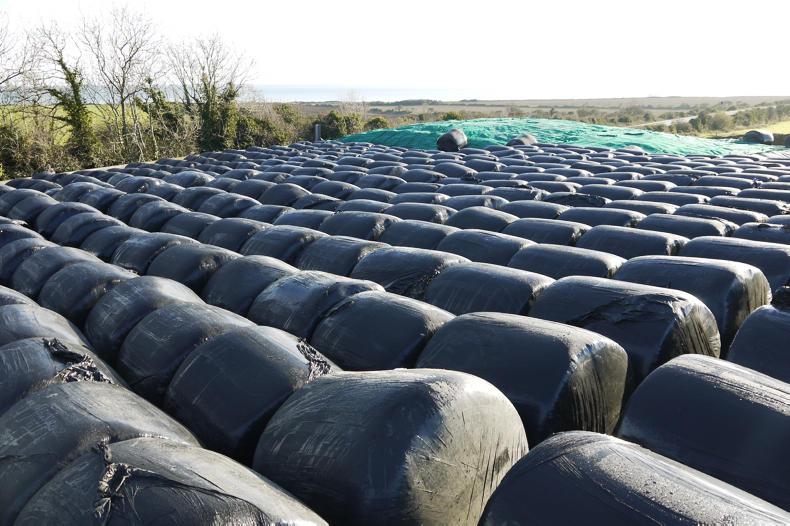
Bales should be stacked maximum three high in a pyramid shape for safetyBale trailers
By law, all bales must be tied down for transport. This is not just for your benefit but for other road users. Bales stacked two high on a bale-trailer have a high centre of gravity and will be easily dislodged on a rough road. Don’t overload your trailer. If in doubt, consult the trailer manufacturer. Also, check you trailer brakes, lighting, braking hoses and towing eye before the start of the season.
Long days
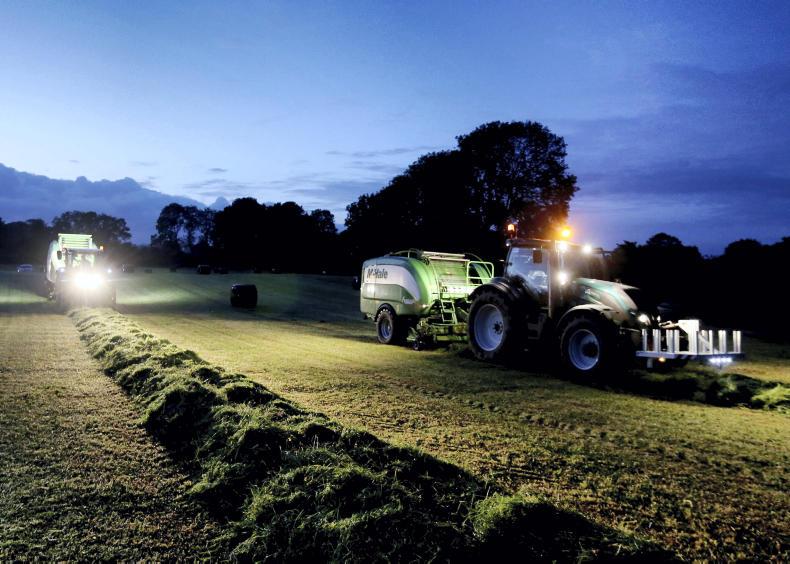
If working long days, take a break and don't become a statistic. Drink plenty of water to keep hydrated. Weather is often a farmers master but that doesn’t mean you have to work night and day. Whether it’s behind the wheel of a car or the wheel of a tractor, long days and tiredness can kill. Take a break and get some rest so you or someone else doesn’t become a statistic.
Silage additive
These should be handled with care. Safety goggles, gloves and other PPE should be worn to prevent splashes into your eyes, skin burns and irritation. These are relatively inexpensive safety devices that could save your sight or prevent severe skin damage. The goggles are also useful when it comes to cleaning down the baler or servicing it as it keeps dust out of your eyes, making a dirty job that bit easier.

Baling silage is a busy time on farms. There is a constant flow of bale-trailers in and out of the yard with more tractors working in the field gathering up the freshly wrapped bales. The excitement can often be a great attraction for would-be young farmers. Pay attention for children in farmyards and slow down as you approach to unload. You know the risks but does a child see what you see? Always check before you reverse a trailer in a yard or before you put bales in the stack. It can be all too tempting to children to climb on to bale stacks.
Balers, mowers, rakes and
tedders – watch out
When the pressure is on, both man and machine are often pushed to the limit. The weather might be about to break or you’re in a hurry to get to the next field. As obvious as it sounds, if a baler gets blocked and won’t free itself, switch the tractor and PTO off. Always apply the handbrake when you leave the tractor cab. Don’t try unblocking it with the tractor running. If you must enter the chamber, make sure the safety bars or hydraulic taps for keeping the rear door open are used. Also, before you start baling, make sure any PTO shafts are in a safe operating condition.

PTO covers should be intact, undamaged and have a safety chain at both ends to prevent the cover spinningIf there is a mower, tedder or rake working in the field, the same rules apply. Make sure all PTO covers are intact and operating safely as well as all safety guards. Any one of these machines could do untold harm to someone if they were to get tangled in them. If you must adjust, reset or unblock any one of these machines, wait for the machine to come to a complete stop before approaching it – take your time and don’t rush in. Something as simple as a stone being flicked outwards towards you from a mower blade could do a lot of harm.

Something as simple as a stone being flicked outwards towards you from a mower blade could do a lot of harm. Keep clear until the machine has come to a complete standstill Overhead wires
When loading bales, watch out for overhead power lines. A tractor or other machinery used to load bales can easily come into contact with overhead wires. If this happens, the metal parts of the tractor become live and can cause serious injury or even death. If possible, reverse the tractor out of contact with the wires. If not, stay in the cab and phone ESB Networks’ emergency number on 1850 372 999. If you must leave the cab, for example if the tyres go on fire, jump clear of the tractor and do not hold on to metal parts while stepping down as this provides a path for the electricity to flow through you into the ground. When you are moving bales with a front loader, keep the bale as low as possible to the ground.
Bale storage
Pick a site that is flat to unload your bales. The reason is it makes stacking and removing the bales at feeding time easier and safer. Bales should be stacked on the round no more than three bales high in a pyramid shape. If stacking bales on their end, only stack one bale high as they are at their least stable when stacked like this.

Bales should be stacked maximum three high in a pyramid shape for safetyBale trailers
By law, all bales must be tied down for transport. This is not just for your benefit but for other road users. Bales stacked two high on a bale-trailer have a high centre of gravity and will be easily dislodged on a rough road. Don’t overload your trailer. If in doubt, consult the trailer manufacturer. Also, check you trailer brakes, lighting, braking hoses and towing eye before the start of the season.
Long days

If working long days, take a break and don't become a statistic. Drink plenty of water to keep hydrated. Weather is often a farmers master but that doesn’t mean you have to work night and day. Whether it’s behind the wheel of a car or the wheel of a tractor, long days and tiredness can kill. Take a break and get some rest so you or someone else doesn’t become a statistic.
Silage additive
These should be handled with care. Safety goggles, gloves and other PPE should be worn to prevent splashes into your eyes, skin burns and irritation. These are relatively inexpensive safety devices that could save your sight or prevent severe skin damage. The goggles are also useful when it comes to cleaning down the baler or servicing it as it keeps dust out of your eyes, making a dirty job that bit easier.











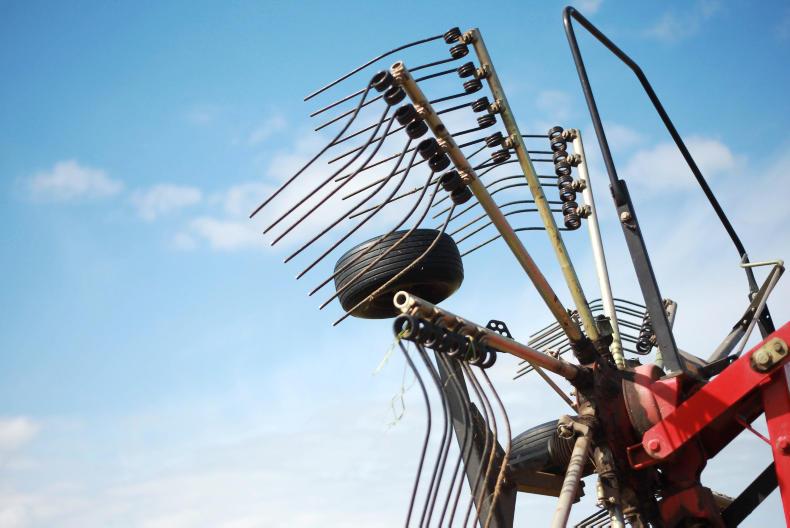


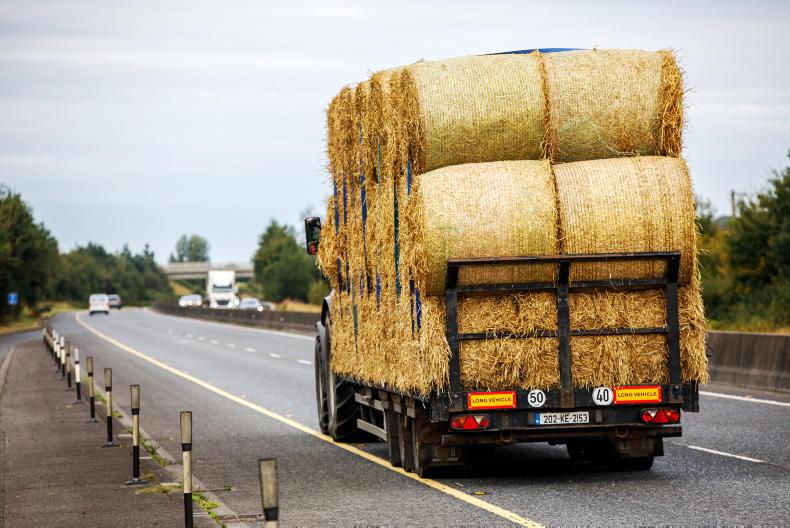
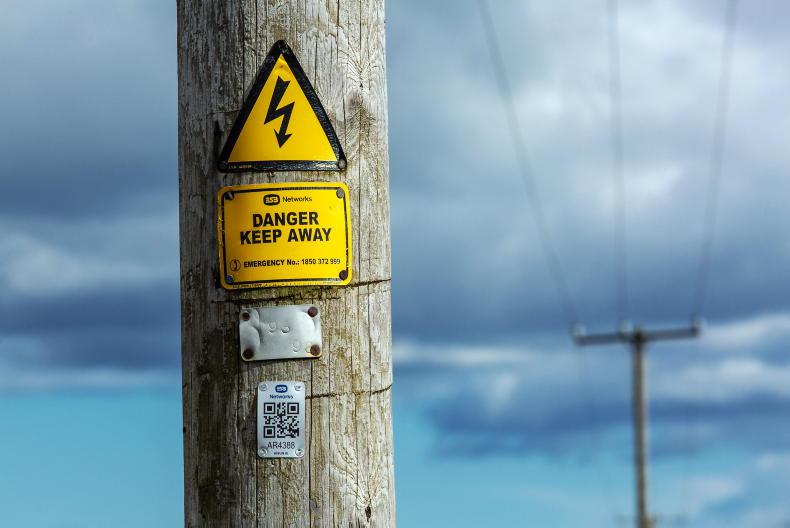
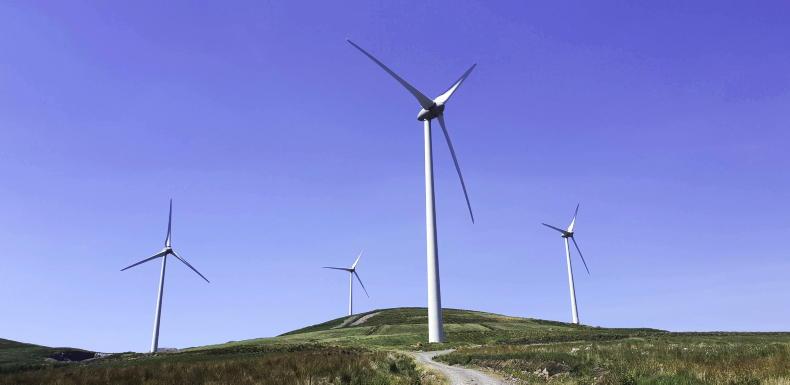
SHARING OPTIONS